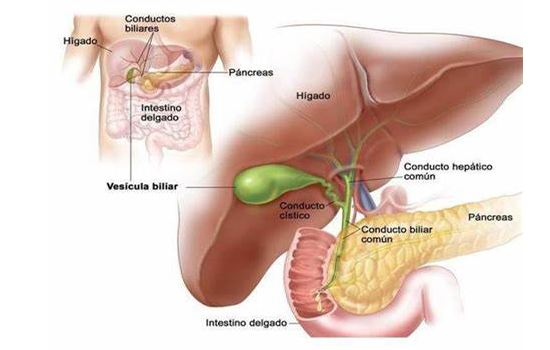Best Hepatobiliary and Pancreatic Surgeon in Delhi
What exactly is Hepatobiliary and Pancreatic Surgery?
The hepatobiliary and pancreatic system includes the liver, pancreas, gallbladder, and bile duct. Surgery to treat malignancies and diseases in these organs is very intricate and difficult, requiring a high degree of skill and competence.
- Minimally invasive procedures may be used to conduct hepatobiliary and pancreatic surgery. Among the most popular procedures are:Whipple technique for removing the distal (lower) stomach
- Pancreatectomy (partial or total removal of the pancreas)
- Cholecystectomy (gallbladder removal)
- Resection and repair of the bile duct
- Liver transplantation and resection (partial or total removal of the liver)

What are the conditions are treated by Hepatobiliary and Pancreatic Surgery?
HPB Surgery is used to treat the following conditions:
Tumors of the Liver – Tumors of the liver may be either primary liver malignancies or metastases from other parts of the body. Colorectal cancer is the most frequent malignancy to spread to the liver. A neuroendocrine tumor of the gastrointestinal system is another form of tumor that metastasizes to the liver.
Pancreas Tumors – Pancreatic duct cancers are the most frequent, but individuals may also develop neuroendocrine pancreas tumors and cystic pancreas tumors, which can be precancerous or malignant upon presentation.
Gallbladder and Bile Duct Tumors – Although these malignancies are uncommon, they may need significant general surgery to treat.
Types of Hepatobiliary and Pancreatic Surgery
Liver Tumors – Only resection or liver transplantation can treat primary liver cancer. Metastatic colorectal cancer to the liver can only be cured with complete surgical removal of all diseases. Ablative treatment (the use of heat and radio waves to kill tumor cells) is often used in combination with resection or when the patient’s tumor is not operable with standard general surgery. Minimally invasive procedures are also being employed to remove liver tumors using smaller incisions, which may aid in postoperative recovery and lower the risk of wound infection.
Pancreas Tumors – Surgical removal of pancreatic malignancies is the only chance for cure. If the tumor is in the pancreatic head , a Whipple resection may be required, along with blood vessel repair if necessary. Minimally invasive procedures, similar to those used in liver surgery, may be utilized to treat malignancies in the body and tail of the pancreas.
Gallbladder and Bile Duct Tumors — In addition to liver resection as the preferred therapy for these tumors, patients may need bile duct reconstruction by a general surgeon depending on the extent of tumor involvement or if the bile duct is blocked by tumor.
To know more about Hepatobiliary and Pancreatic Surgery book your appointment with Dr. Sukhvinder Singh Saggu
Frequently Asked Questions
- Is hepatobiliary a cancer?
Ans. The Hepatobiliary system includes the liver, bile ducts, pancreas, and gallbladder, all parts of the digestive system. Cancer can potentially impact any of the organs in the hepatobiliary area, despite being a rare occurrence.
- What causes hepatobiliary cancer?
Ans. Heavy alcohol consumption, smoking, obesity, type 2 diabetes, and anabolic steroids are the possible risk factors associated with hepatobiliary cancer. Uncontrolled use of IV drugs, arsenic, unprotected sex with someone living with hepatitis, and exposure to unclean needles significantly increase the risk of developing liver cancer.
- Is hepatobiliary serious?
Ans. Diseases associated with hepatobiliary can range from minor infections or scarring to severe conditions such as cancer. Hepatobiliary and Pancreatic Surgery ( surgical resection) is planned and performed to remove tumors detected in the liver, pancreas, gall bladder, and bile duct areas.
- Is hepatobiliary cancer hereditary?
Ans. Genetic liver diseases affect your liver’s ability to process nutrients and remove toxins from the blood, making you prone to liver cancer in the long run. Both hepatitis B and hereditary hemochromatosis, which lead to excessive absorption and storage of iron in the liver, are definite risk factors. Whereas a small percentage of pancreatic cancer cases are hereditary.
- Is biliary cancer curable?
Ans. Biliary cancer is treatable. The importance of early detection and accurate diagnosis is highly important for positive and healthy outcomes. The treatment plan and prognosis are determined based on age, health, tumor type, and cancer stage. Meanwhile, patients are fully informed of the treatment plan in their consultation.
